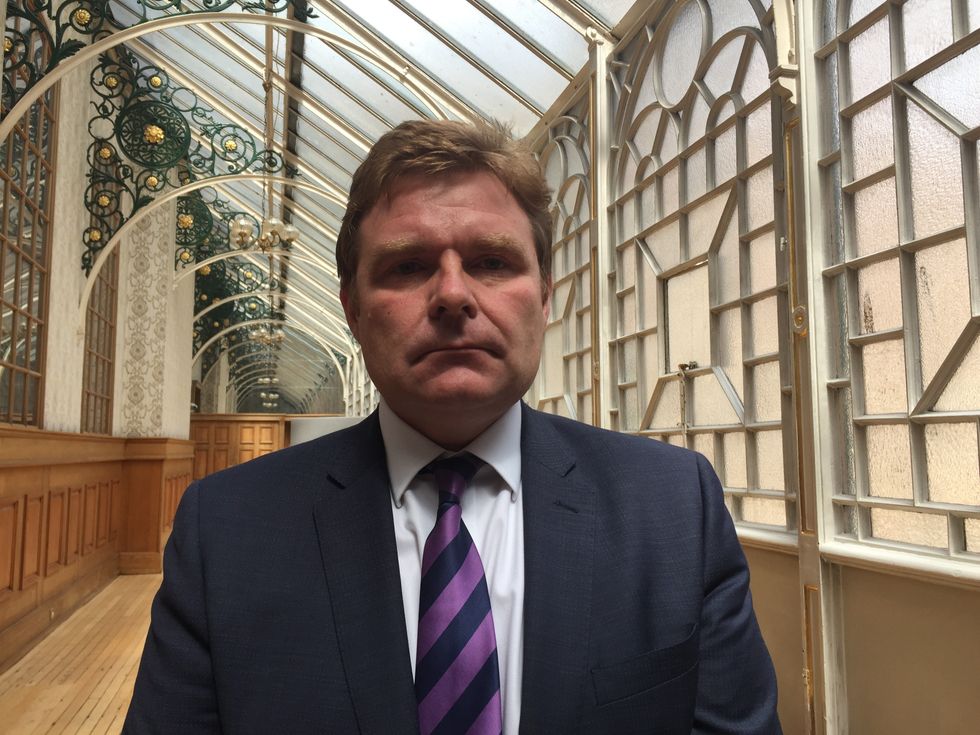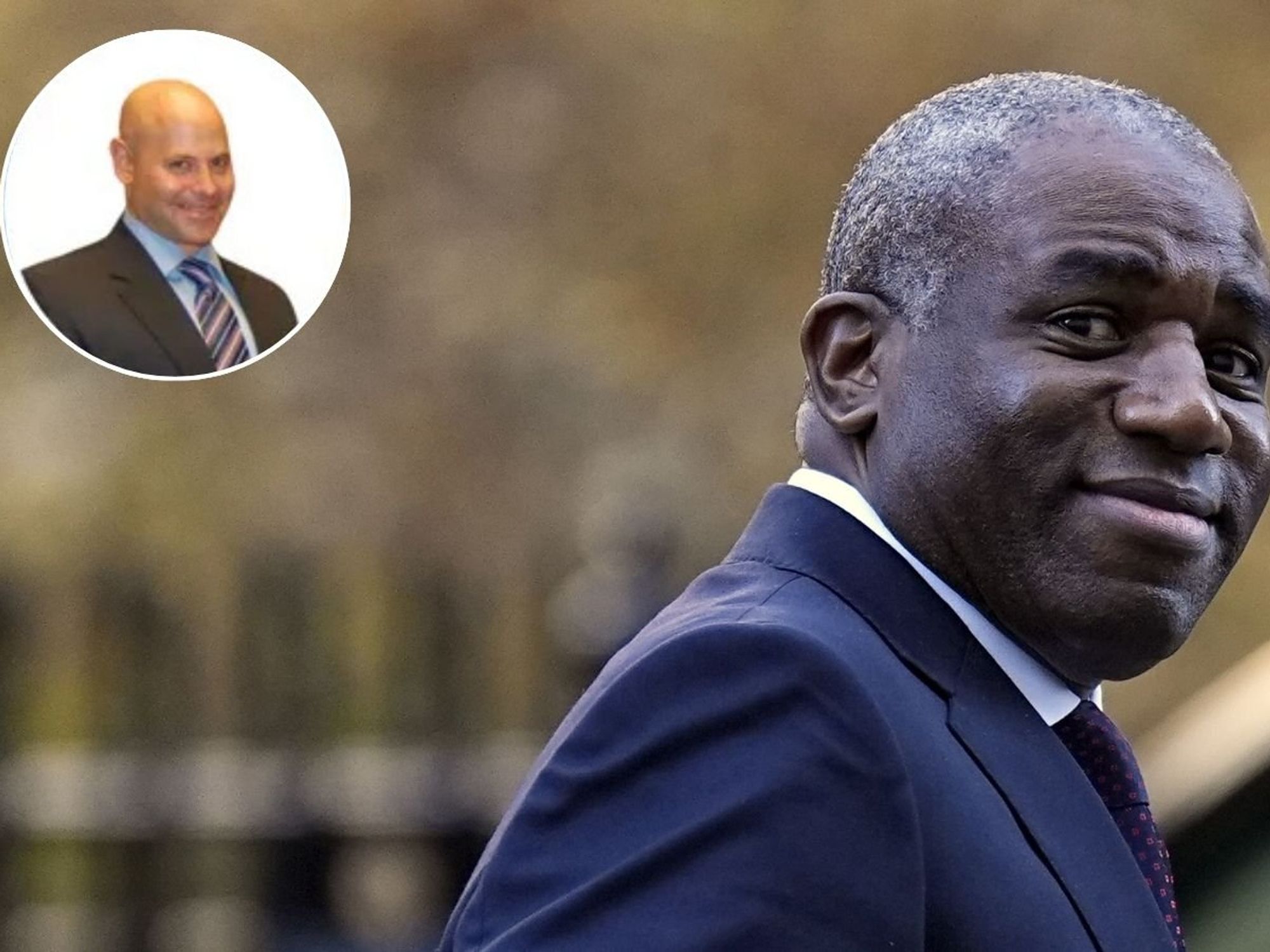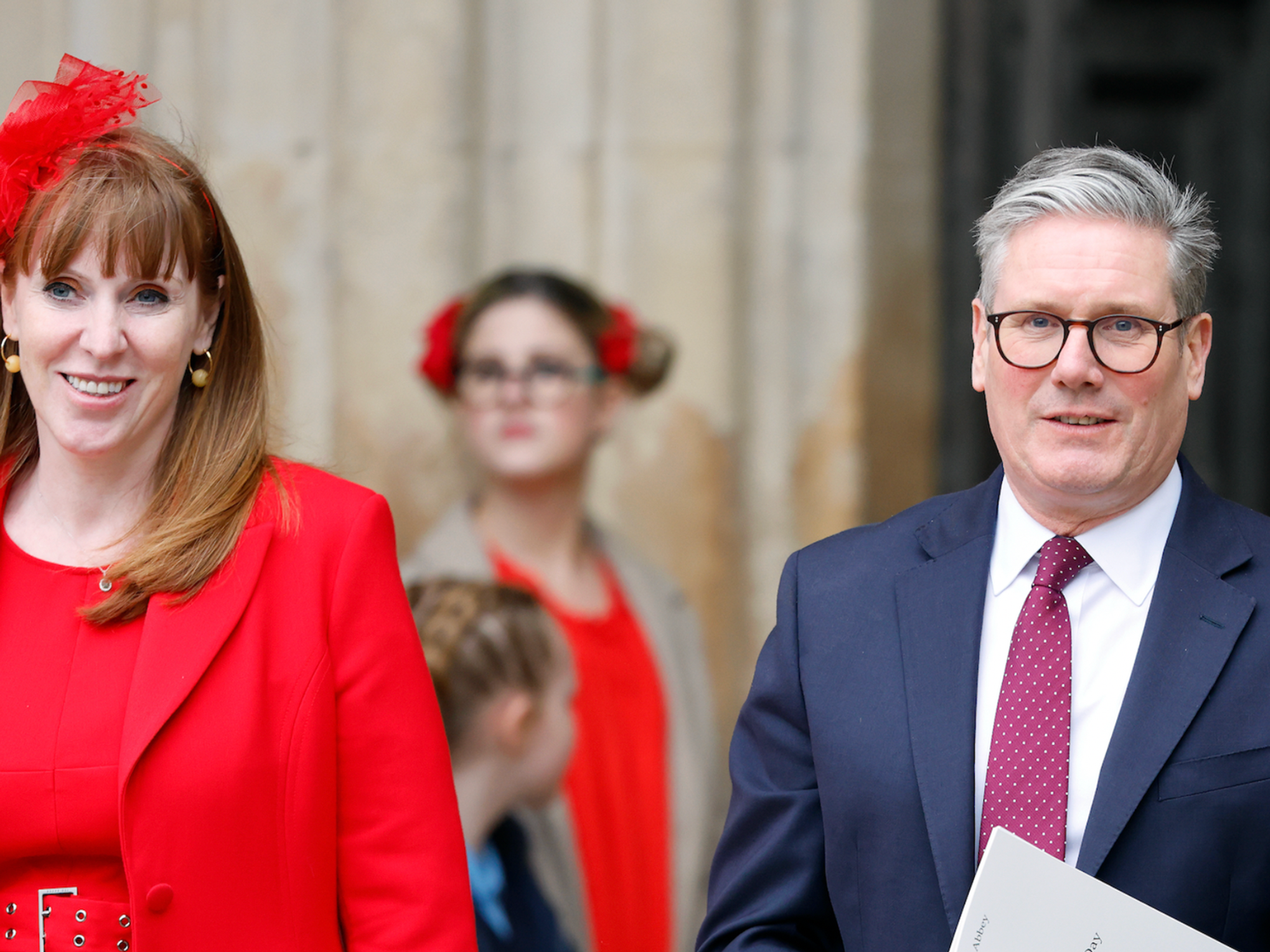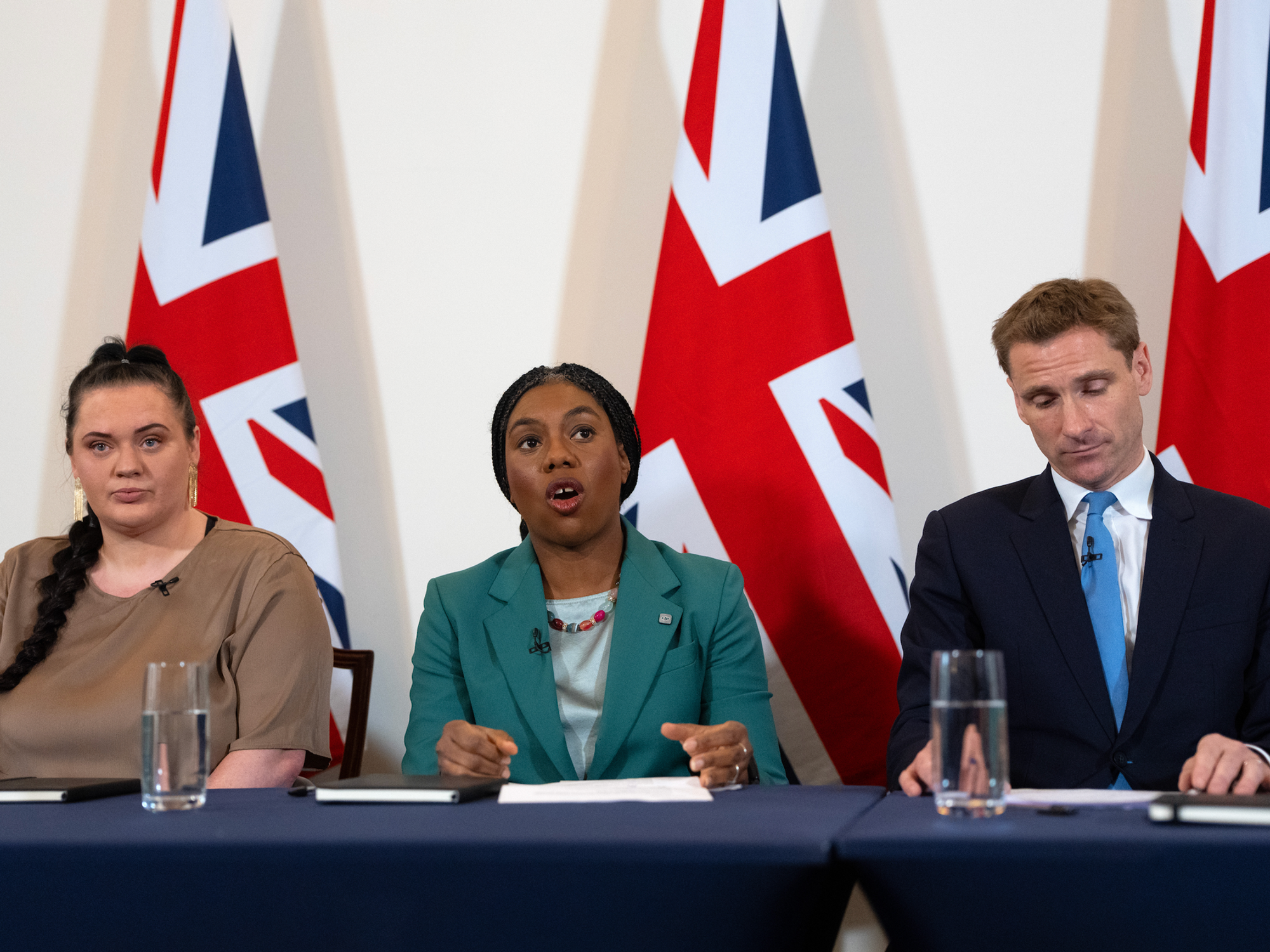Councils have gambled it all - now it’s time to cut vanity projects and slash top salaries, says Conor Holohan

Birmingham city centre | Geogrpah
Conor Holohan from the TaxPayers' Alliance says enough is enough after councils repeatedly finding themselves in debt
Don't Miss
Most Read
Latest
In the commuter town of Woking, Surrey, a collection of skyscrapers tower above the modest town centre.
These towers, part of the Victoria Square development, far from marking Woking on the map as a small commercial powerhouse, serve as monuments to misery for council taxpayers.
The towers were the flagship disaster of Woking Council’s almost £2billion debt-fuelled investment aimed at turning the town into the Singapore of Surrey.
Earlier this year, the council declared bankruptcy with a £1.2billion deficit, and overall debts are set to hit £2.6billon. Woking’s core funding is about £16million. Now the Council is looking at urgent proposals to save much-needed cash.
WATCH LIAM HALLIGAN EXPLAIN BIRMINGHAM BANKRUPTCY
Liam Halligan Birmingham 05 09 2023
Consultations on removing funding for local sports, leisure facilities and public toilets are demonstrating to residents the real world impact of what happens when councils bet it all on red and end up in the black.
These are material losses to people who rely on the council in their day-to-day lives and routines.
An hour away, in Croydon, the council is also bust, with over a billion pounds worth of debt, including half a billion racked up from failed commercial investments.
At the moment, if a council wants to raise council tax by more than 4.99 per cent in a year (2.99 per cent for district councils), they have to either receive special permission from the Government or put it to a local referendum.

Bins piled up in Birmingham
|PA
Croydon’s financial woes were so acute that the Government gave them permission to put council tax up by an eye-watering, inflation-busting 15 per cent.
Now Birmingham, the largest local authority in Europe, has declared effective bankruptcy.
In Birmingham’s case, the council is having to dish out hundreds of millions in equal pay claims, having already paid out £1.1billion since 2012.
These equal pay issues have been clear for years, and the council should have gripped the scale of the problem earlier.
On top of that, the council is struggling with the botched implementation of a new IT system which was meant to cost £19million but is expected to cost £100million when all is said and done.

Cllr John Cotton of Birmingham City Council
|PA
Rishi Sunak has ruled out giving the council a bailout, which means that the only options left are huge council tax rises, deep cuts to services, or a combination of both for residents of the behemoth local authority.
All of this in a city which has for decades been fighting to recover from its post-war slump.
That recovery was showing more than just green shoots, as forecasts placed it as among the fastest-growing parts of the UK.
We learned last week that Bradford, Devon, Guildford, Hastings, Kent and Southampton have all been warned they face the same fate unless they bring in some severe budget cuts.
Yet between them, those six councils had over 70 staff in receipt of over £100,000 in 2021-22.
Guildford even had the highest remunerated council worker in the country. There, the managing director took home over £600,000, according to the TaxPayers’ Alliance’s annual Town Hall Rich List. Residents will be hoping that if their councils do go bust, the top brass see that reflected in their pay packets.
We need to get local government funding on a more sustainable footing.
Often huge investments are made by councils as a way of generating revenue. While that sounds like a worthy goal, it frequently goes spectacularly wrong. It needs to stop.
Where additional funding could be explored is through charging for services that the council already provides, but care needs to be taken to ensure that this doesn’t just end up being another tax on those already struggling.
Better than simply scrambling for revenue would be a firm commitment to savings, by cutting back on vanity projects and top brass salaries.
That’s a far less risky avenue than gambling with services and borrowing money on heady ideas based on turning commuter towns into financial powerhouses.
Crucially, councils have to remember what they’re there for. They exist to provide vital services which people rely on in their daily lives. Their focus should be laser-like on providing those services at a low cost.
Everyone wants their local area to improve, and councils should make development easier for the private sector, so areas can be transformed sustainably where there is sufficient demand and a market opportunity. And where financial issues are mounting and threatening to derail town hall finances, councils have an obligation to step in and face them down as early as possible, rather than allowing the issue to bury them like in Birmingham.










